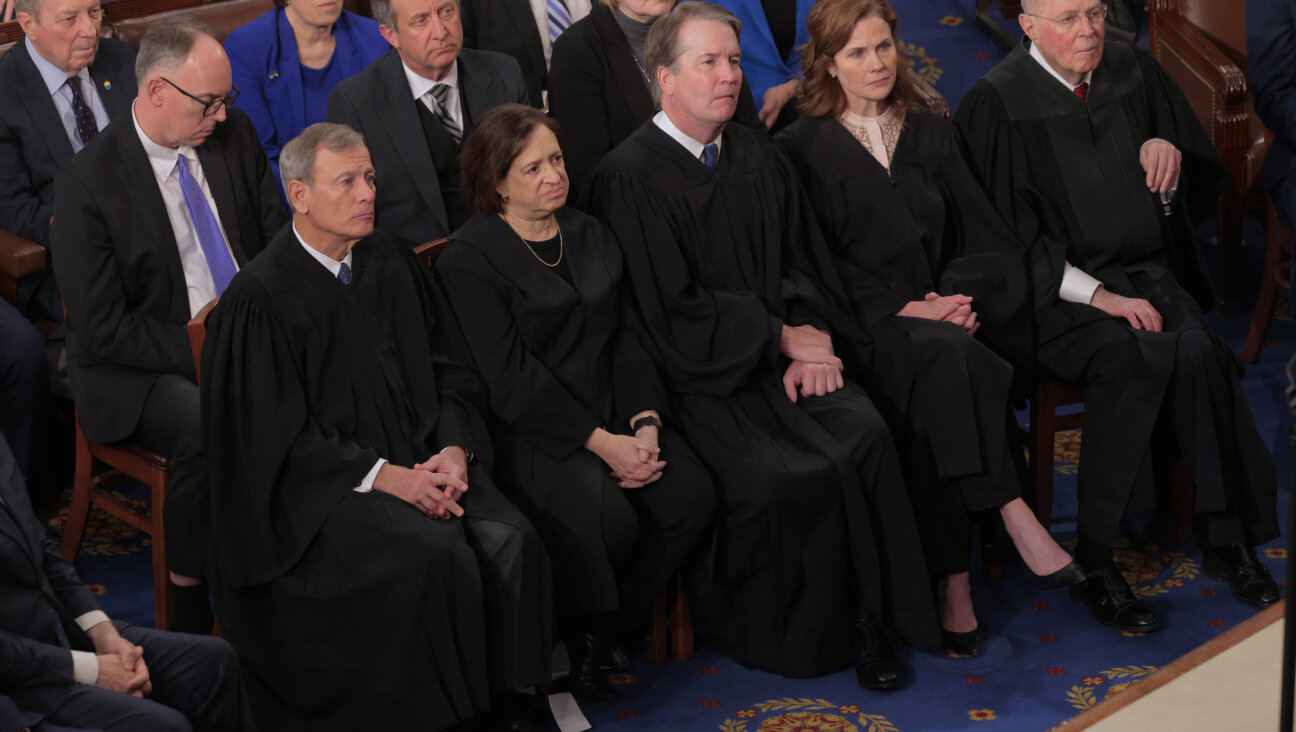On Pay Day, Women Are Still Not Equal
On August 26 we celebrated Women’s Equality Day — the 89th anniversary of the date on which women gained the right to vote through ratification of the 19th Amendment to the Constitution. Since then, women have sought economic equality, too, achieving a great victory in 1963 with the passage of the Equal Pay Act.
But it has been a rocky road, and we are at another milestone in the struggle for equal pay. When the 1963 law was passed, women earned 59 cents for every dollar men earned doing the same work. Now it’s still only 80 cents on the dollar. The Paycheck Fairness Act, which would greatly strengthen the Equal Pay Act, has been passed by the House and is now pending before the Senate.
A landmark bill, the 1963 Equal Pay Act gave hope to millions of working women that they would no longer be second-class citizens in the workplace. Along with passage of the Equal Employment Opportunity Act a year later, it meant perhaps the tide of wage discrimination was finally turning.
It didn’t. Years of hostile court rulings whittled away the law’s protections. Employers could defend themselves against charges of discrimination by citing a “factor other than sex” to justify disparities. That phrase has been stretched beyond recognition as judges adopted the interpretations urged on them by recalcitrant employers.
Paycheck fairness is not just a matter of principle. It’s a matter of survival. Inequality begins with minor discrepancies — young women age 15 to 24 earn 95% of what young men earn. By the time women reach age 45 to 64 — usually the prime years for higher earnings — women who work full-time, year-round earn only 72% of what men do. Not only are their current wages depressed, but their ability to provide for their children’s future and to retire with a decent income is severely compromised.
It’s clear that millions of women need a law that works. The first attempts to fix the Equal Pay Act go back to 1994. After 15 years of struggle, the hope is that with a new Congress progress is now possible.
The pending Paycheck Fairness Act would permit victims to obtain compensatory and punitive damages. It would make it easier to pursue class-action lawsuits. It would bar employer retaliation when victims share salary information among themselves. It would disallow such employer defenses as “the male employee had better salary negotiating skills.” And it would permit victims to use wage and salary comparisons between employees among different offices in the same county.
The Equal Pay Act needs new muscle in order to fulfill its original promise. Wage and salary inequity has continued long enough. While women have picked up 31 cents in 45 years, at this rate it will take another 29 years to reach parity — more than a century after women got the vote.
It’s past time for the Senate to act so that President Obama can sign a bill that opens a new chapter in enforcing the Equal Pay Act and offers new hope that wage inequality will no longer burden women trying to earn a fair day’s pay. And it’s surely way past time for Women’s Equality Day to be celebrated amid real equality.
Nancy Ratzan is president of the National Council of Jewish Women.
















